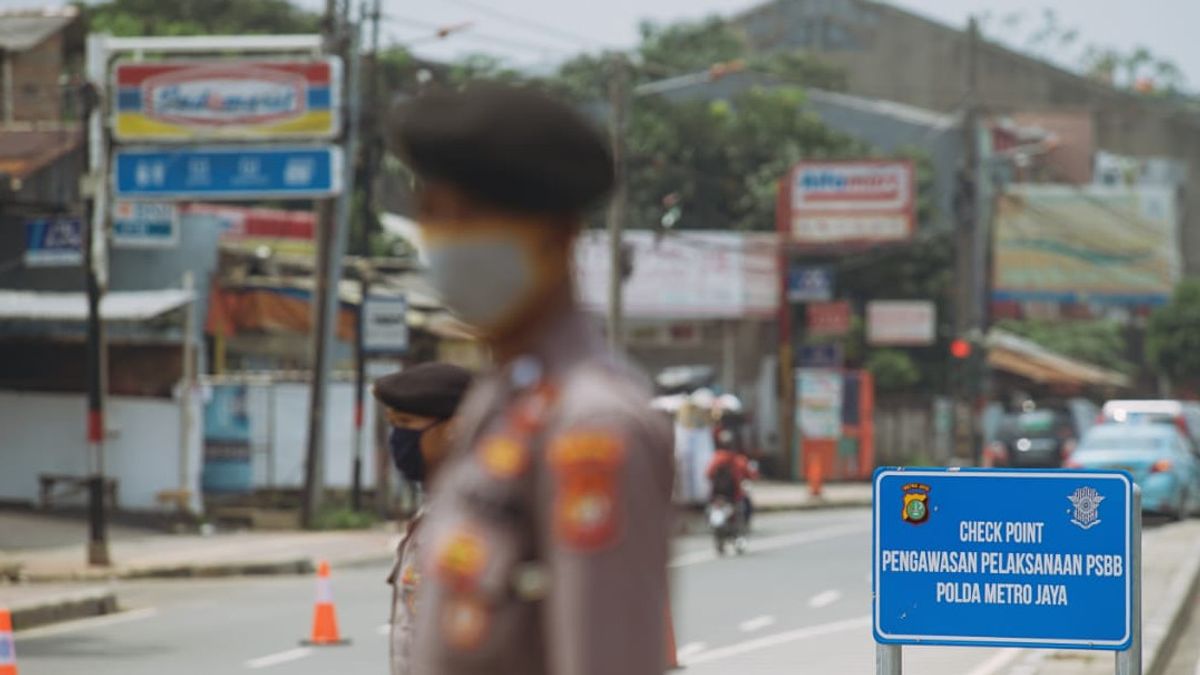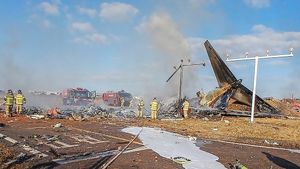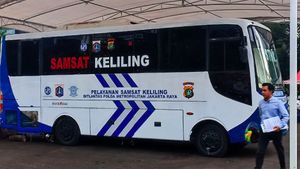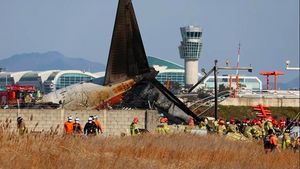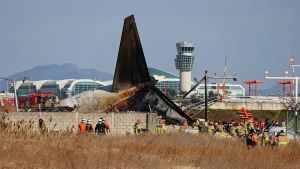JAKARTA - Regional governments in the Jabodetabek area have decided to extend the status of Large-Scale Social Restrictions (PSBB) to the second stage. The PSBB extension was carried out because the number of COVID-19 cases in the epicenter area was still high.
DKI Jakarta Province extended the PSBB period for four weeks, from April 25 to May 22. Then, five regions in West Java, namely Bogor City, Bogor Regency, Depok City, Bekasi City, and Bekasi Regency extended the PSBB for two weeks from April 29 to May 12.
Meanwhile, Banten Governor Wahidin Halim plans to extend the PSBB for the Tangerang Raya area, namely Tangerang Regency, Tangerang City, and South Tangerang, which in the first phase will end on May 3.
When local governments in the epicenter area of corona virus transmission decide to extend the status of the PSBB because the number of COVID-19 cases is still increasing, will this policy be imitated by other regions that are still undergoing PSBB in the last few days?
Some of the other areas in question are Bandung City, Bandung Regency, West Bandung Regency, Cimahi City, Sumedang Regency, Tegal City, West Sumatra Province, Banjarmasin City, and Tarakan City.
According to a public policy observer from Trisakti University Trubus Rahadiansyah, there is a possibility that other regions will also extend the term of the PSBB. With notes, there are still many obligations and restrictions on PSBB that are relaxed in the area.
"There is a possibility that other regions will extend the extension. The reason for the need to extend the PSBB can be seen from the people who have not all been disciplined in complying with the PSBB protocol, the progress of cases is still increasing, then the COVID-19 test has not been running massively," Trubus told VOI, Wednesday April 29.
After all, he continued, there was no stricter policy that regional governments could implement other than the PSBB. This is because the central government has not allowed any region to officially impose a regional quarantine or lockdown.
"So, PSBB is the only way that can be done to break the chain of COVID-19. However, there are other alternatives such as small-scale lockdowns, namely RT and RW. This has been done in several areas on the initiative of the residents themselves," he said. .
However, in the view of public policy observer from UGM Satria Imawan, the focus of the local government in implementing the PSBB is not limited to extending the status or not. However, whether the PSBB was effective in slowing down the increase in positive cases or not.
In fact, said Satria, the main objective of the PSBB was to make graphs or the trend of adding cases per day to become increasingly sloping. So, if the implementation of the PSBB in a region is to be extended, it is questionable to the effectiveness of the policy.
"The problem is not extending the PSBB or not, but what is the impact of the PSBB policy so far, has it been effective in preventing the transmission of COVID-19 and according to its objectives?" cecar Satria.
Therefore, it is important for local governments to evaluate the implementation of PSBB, both from an epidemiological perspective and the compliance of all parties in implementing PSBB.
"The local government must evaluate the epidemiological study of the area itself, before deciding whether to extend the PSBB or not. This evaluation must be comprehensive with the central government," he concluded.
The English, Chinese, Japanese, Arabic, and French versions are automatically generated by the AI. So there may still be inaccuracies in translating, please always see Indonesian as our main language. (system supported by DigitalSiber.id)
